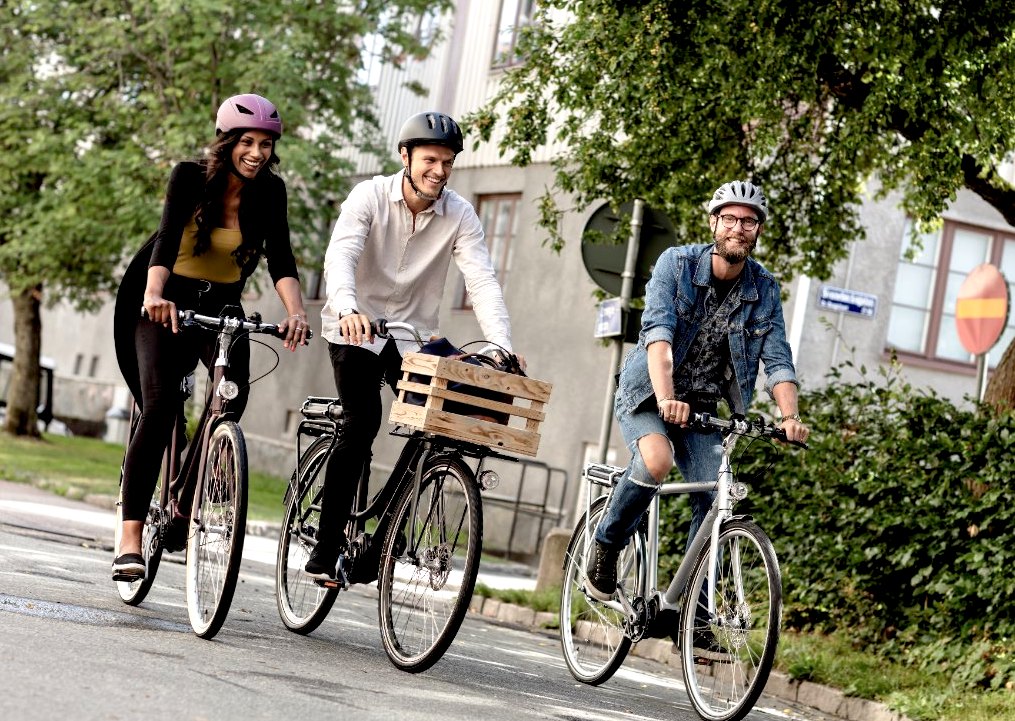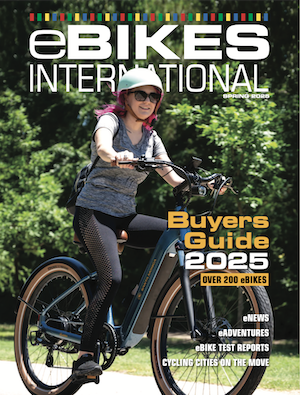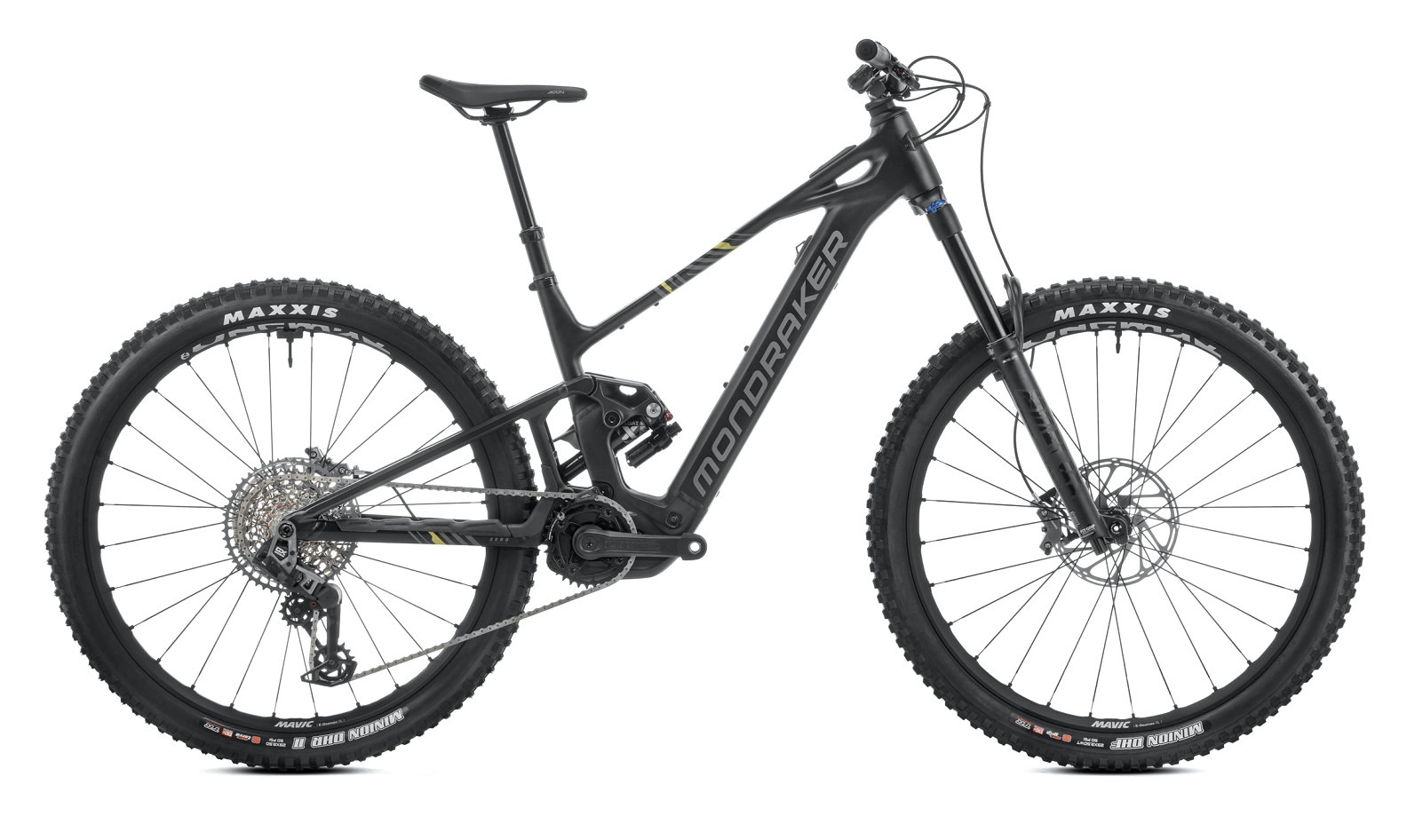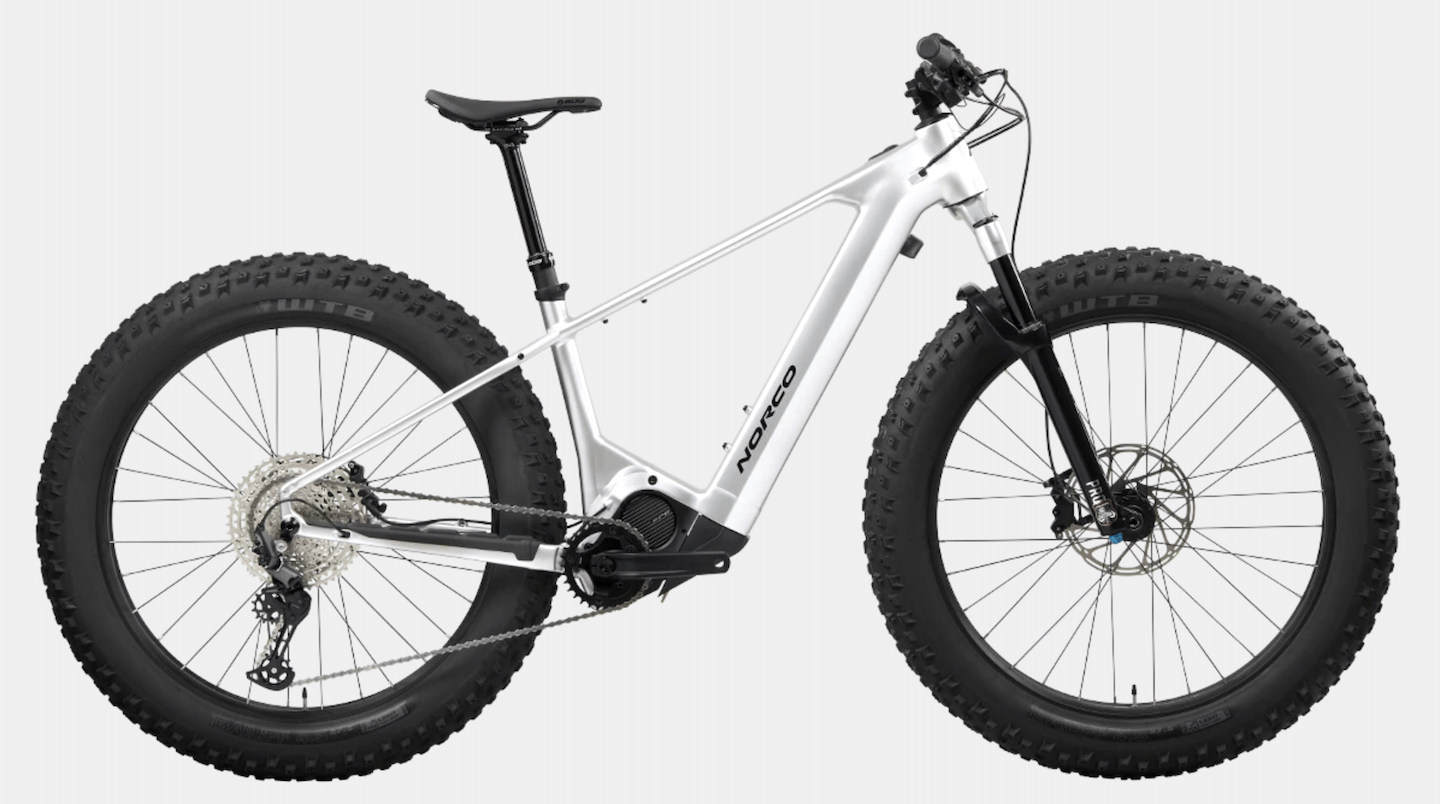September 17, 2024 - Every day from September 16 to 22, towns and cities across Europe, and beyond, participate in these annual celebrations by hosting activities and events, encouraging people to re-think how they move from A to B. The aim is to encourage more people to opt for public transport, walking or cycling, while raising awareness of the benefits of active or greener transport options.

In line with EUROPEANMOBILITYWEEK tradition, many towns and cities will celebrate the popular Car-Free Day on the final day of the week (Sunday 22 September), with their whole territory or specific areas dedicated to activities for pedestrians, cyclists and non-motorised vehicles.
The European Commission has adopted ‘shared public space’ as this year’s EUROPEANMOBILITYWEEK theme, to raise awareness of the benefits to society of more balanced road space allocation and respect for other users.
Commissioner for Climate Action and responsible for Transport, Wopke Hoekstra, said: “Europe’s urban population is rising, and with it our need to move around in a safe and sustainable way. The European Mobility Week, starting today across over 2500 cities in 42 countries, is an opportunity to engage with people and businesses, city planners and politicians to help improve the way we all benefit from the public spaces in our cities. Events across Europe will promote safer school streets, better and more welcoming public places, adequate parking for alternative modes of transports and much more. Let’s continue to lead by example and – for all of us who can – chose those transport modes that can not only improve urban air quality, but also contribute to making our cities more enjoyable to live in.
Towns and cities can reduce air and noise pollution, and increase road safety, social equity and quality of life by introducing high-quality dedicated infrastructure (such as safe cycle paths and pedestrian areas). Traffic rules that prioritise pedestrians, cyclists, and public transport, while encouraging the use of more sustainable transport options, can also help to create a more pleasant shared space.
This EUROPEANMOBILITYWEEK, look out for some of the inspiring activities presented below:
Initiatives across Europe
In Oviedo (Spain), schoolchildren have the opportunity to choose names for the city’s new e-buses; the winning names will be displayed on the front of the individual vehicles. A dog shelter will also offer a training course on how to travel on trains with dogs, with techniques for reducing stress for our four-legged friends. Further activities include a cycling tour with the local police, a public walk from Invierno park, and opportunities to test and combine different transport options in different parts of Santullano linear park.
The town of Chocianów (Poland) will host a mobility photography competition, as well as an art competition for schoolchildren on ‘shared public space’. The winners of both competitions will be announced towards the end of EUROPEANMOBILITYWEEK, during a cycling event combined with a picnic, a raffle and other family entertainment. The prizes include a bicycle, a skateboard and a scooter.
In Mannheim (Germany), mobility data experts will host ‘data walks’ at various locations, from the Central Station to Paradeplatz, to show members of the public how mobility data can support sustainable and climate-friendly mobility, and thus advance the transport transition.
In Škofljica (Slovenia), a car park near a primary school will be temporarily transformed into a green space full of plants, where parents and children can socialise and explore sensory installations. Meanwhile, schoolchildren will count the kilometres as they cycle to school. Bicycle repair workshops, group hikes and presentations on sustainable mobility for local businesses are also on offer, amongst many other activities.
Find out more about the planned EUROPEANMOBILITYWEEK activities in a town or city near you, here. Register your town or city’s initiative here.
MOBILITYACTIONS
While the focus of EUROPEANMOBILITYWEEK is on towns and cities, businesses, schools, NGOs and other entities are also using the momentum of this campaign week to register their MOBILITYACTIONS (actions throughout the year that promote mobility management plans and other sustainable transport initiatives). In Reykjavík (Iceland), for example, Elliðaárstöð is hosting the Conference on Diverse Transport and Urban Planning to promote eco-friendly transportation and urban planning. In Nantes (France), the mobility tracking tool “WeFlo Mobility Challenge”, allows users to earn points for sustainable commuting (cycling, walking, carpooling or public transport), and exchange the points for discounts or gift cards at local businesses.
View all registered MOBILITYACTIONS for 2024 here. Businesses, schools, NGOs and other entities are welcome to register their MOBILITYACTIONS here.
Background
EUROPEANMOBILITYWEEK runs from 16 – 22 September every year, providing towns and cities with an opportunity to try out innovative traffic and transport planning, promote new infrastructure, raise awareness of sustainable mobility, and measure noise/pollution levels. MOBILITYACTIONs are registered by a broad range of organisations, and share mobility management solutions throughout the year. The campaign also encourages people to choose active and sustainable mobility such as public transport, walking and cycling. Sustainable mobility can help save fuel, lower carbon emissions, improve air quality, and make Europe’s urban areas more pleasant places to live and work.
For more information on the campaign, visit here.

















